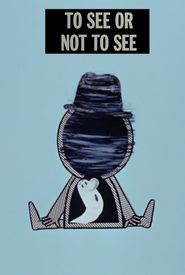Bretislav Pojar, a renowned Czech film director and animator, made a lasting impact in the world of puppet animation. Born in Susice, a small factory town in Czechoslovakia, Pojar's early life was shaped by the town's main employer, a match factory, which had been a significant presence in the area since the 19th century.
As an animator, Pojar began working in the 1940s under the guidance of film director Jirí Trnka. He quickly developed a specialization in puppet animation, while also experimenting with stop-motion animation in some of his films. This versatility allowed him to explore a wide range of creative possibilities and storytelling techniques.
In the 1960s, Pojar made the decision to emigrate to Canada, where he began producing films for the National Film Board. His short films often featured minimal or no dialogue, yet still managed to convey powerful social commentary. This unique approach earned him numerous competitive awards, including the prestigious "Canadian Film Award" and the "Short Film Golden Bear" at the Berlin International Film Festival.
One of Pojar's most notable achievements was the short film "To See or Not to Se", which explored the idea that our perception of reality can help overcome irrational fears. This thought-provoking film won both the "Canadian Film Award" and the "Short Film Golden Bear" at the Berlin International Film Festival.
Another highlight of Pojar's career was the short film "Balablok", released in 1972. This cutout animation film tackled the theme of the irrationality of violence and war, and went on to win the "Grand Prix du Festival for Short Film" at the Cannes Film Festival.
Later in his career, Pojar moved back to the Czech Republic in the 2000s to work on animated feature films. He co-directed the feature film "Fimfárum 2" (2006),an adaptation of stories by popular writer Jan Werich.
Sadly, Bretislav Pojar passed away in 2012 at the age of 89, leaving behind a legacy of innovative and thought-provoking animated films that continue to inspire and entertain audiences around the world.












